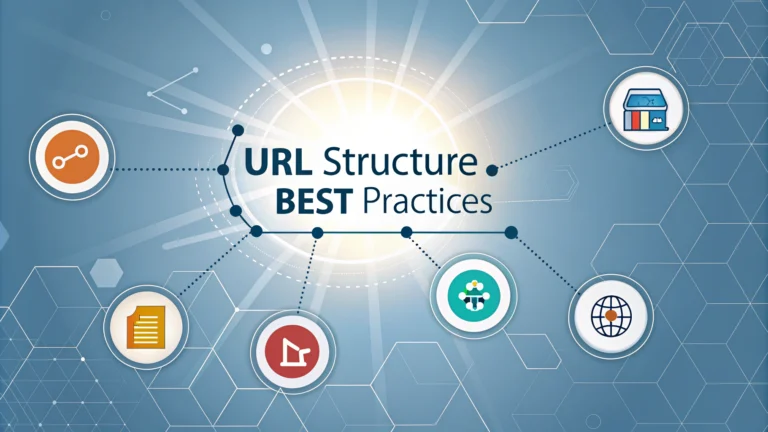Every pixel of your website’s URL can impact search rankings. Smart URL design isn’t just technical—it’s a strategic asset that communicates relevance to search engines and users alike.
1. Understanding URL Fundamentals
URLs are more than digital addresses; they’re communication channels that tell search engines and users about your page’s content. A well-crafted URL provides instant context and improves click-through rates.
Key URL Components
- Protocol: http:// or https://
- Domain: www.websitepromote.com
- Path: /category/specific-page
- Parameters: ?tracking=source
Why URL Structure Matters
Search engines use URLs as a ranking signal. Clean, descriptive URLs can boost your SEO performance by providing clear information about page content.
2. URL Readability and User Experience
Humans and search engines prefer URLs that are easy to read and understand. Clarity trumps complexity in URL design.
Best Practices
- Use lowercase letters
- Separate words with hyphens
- Keep URLs concise
- Avoid unnecessary parameters
Negative URL Examples
URLs like www.site.com/p=123&ref=abc confuse both users and search engines. Opt for descriptive paths instead.
3. Keyword Integration in URLs
Strategic keyword placement in URLs can signal relevance to search engines. But avoid keyword stuffing.
Keyword Placement Guidelines
- Place primary keywords near the domain
- Use natural, readable language
- Limit to 3-4 keywords per URL
- Ensure semantic relevance
Example of Effective URL
www.websitepromote.com/seo-url-best-practices communicates topic clearly without feeling forced.
4. Technical URL Considerations
Beyond aesthetics, URLs have technical implications for website performance and search indexing.
Technical Optimization Checklist
- Use canonical tags
- Implement 301 redirects for changed URLs
- Avoid duplicate content
- Ensure mobile-friendliness
Continue reading for advanced strategies and in-depth insights into URL optimization for SEO.

